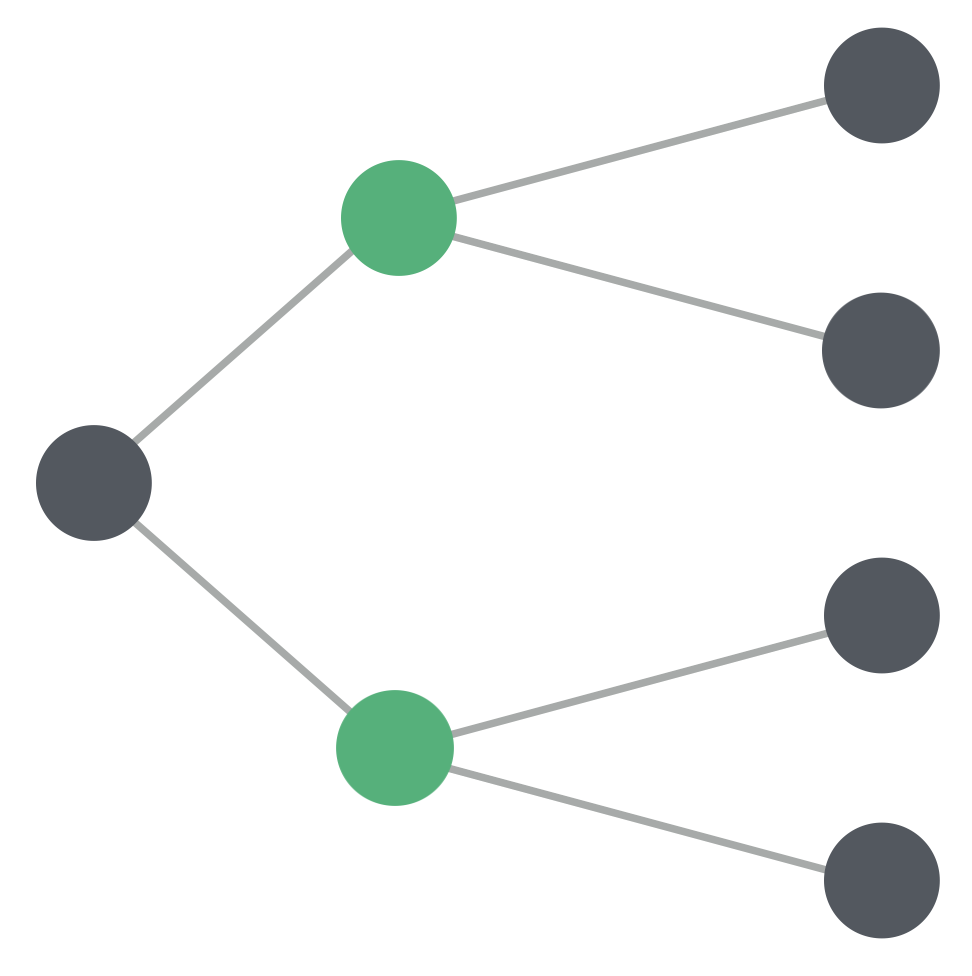Cognitive
Another essential element of digital literacies is the Cognitive element. As much as literacy has a social and communicative aspect, it is also very definitely about expanding the mind. As alluded to at the end of the previous section, having more tools (or ‘lenses’) allows individuals to enjoy and comprehend a greater slice of the digital world. After all, if you only have a (conceptual) hammer then all you see are (metaphorical) nails.
To use the language-learning metaphor once again, there is a very real sense in which technical and cognitive processes need to be mastered in order to become ‘fluent’. These processes aren’t the goal in and of themselves, but grappling with them will always be a necessary part of developing digital literacies.
One example of the importance of the Cognitive element of digital literacies comes from the ubiquitous ‘software menu’. This is a concept that relies on branching logic, something that I’m fairly certain doesn’t exist in nature. You choose one option which leads to a series of suboptions. If you don’t want any of those options then you need to back-up to the previous menu. Without any previous knowledge or experience of this, navigating such menus can be tricky.
 A slide adapted from my TEDx Warwick talk
A slide adapted from my TEDx Warwick talk
How can the Cognitive element be developed? To some extent this involves using a range of devices, software platforms and interfaces. As with all of these essential elements of digital literacies, they’re best developed through immersion. Bite-size, step-by-step, sequential approaches don’t work for the reasons given in the previous chapter.
Ultimately, the Cognitive element of digital literacies is developed by encouraging sound ‘habits of mind’. Exposure to various ways of conceptualising digital spaces and ways of interacting within them certainly helps. Additionally, reading around such practices helps crystallise understanding. We must be careful, however, to ensure that a variety of authors and approaches are represented in any material made available to learners.